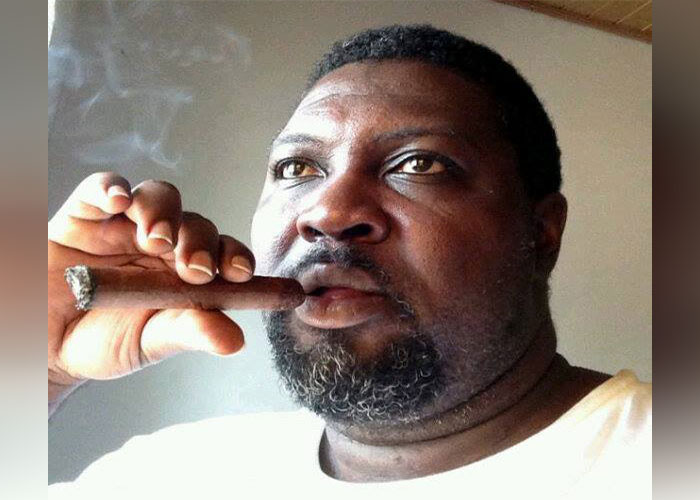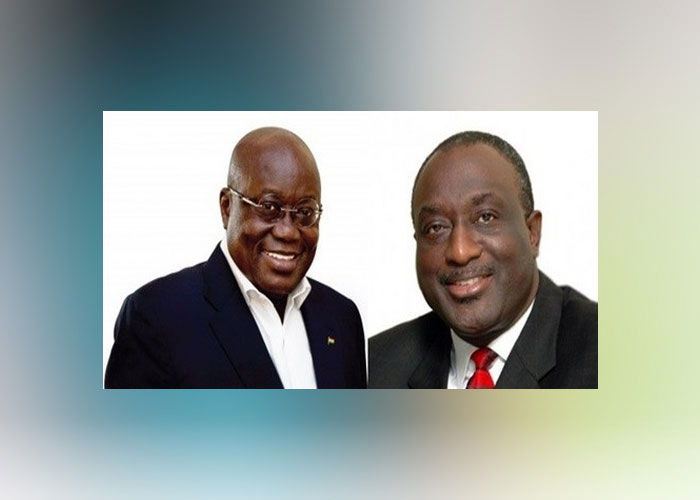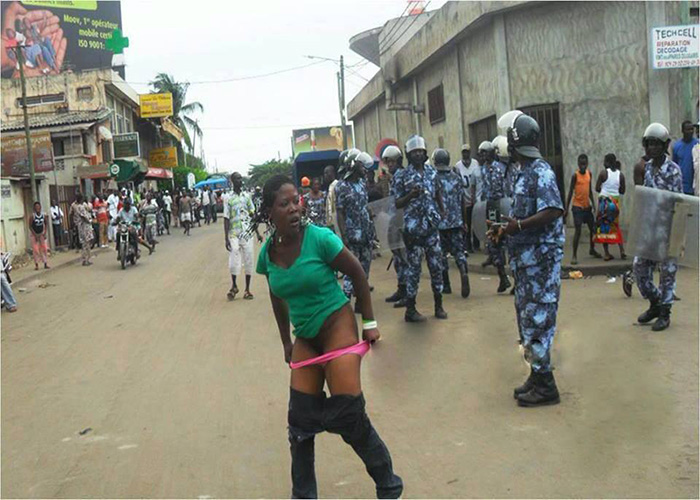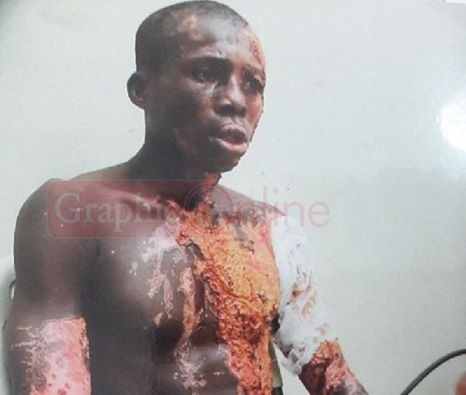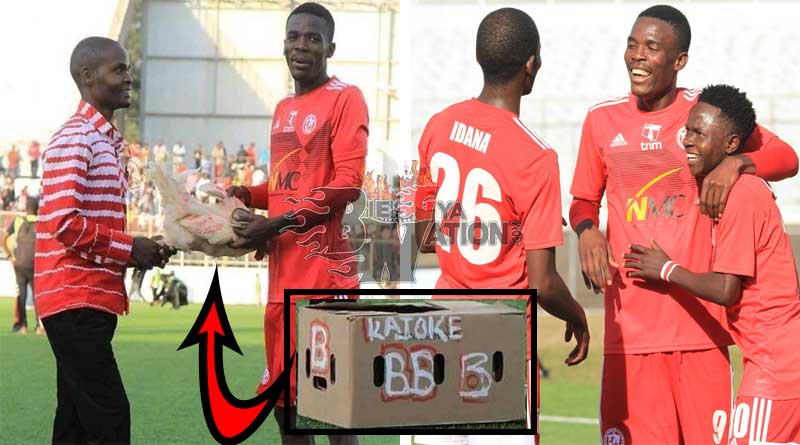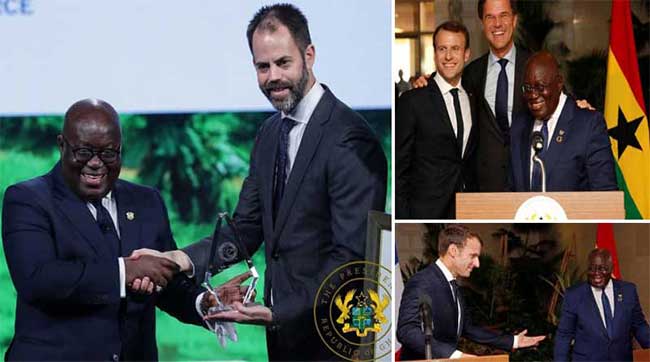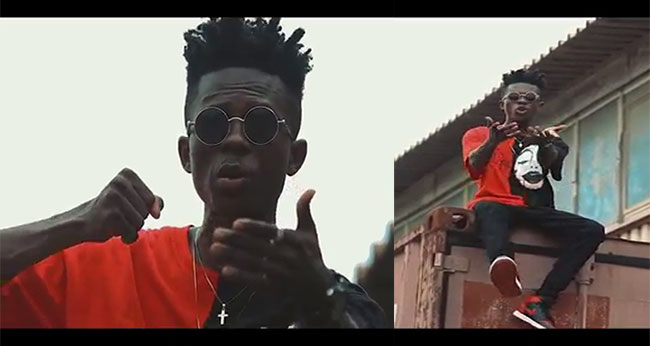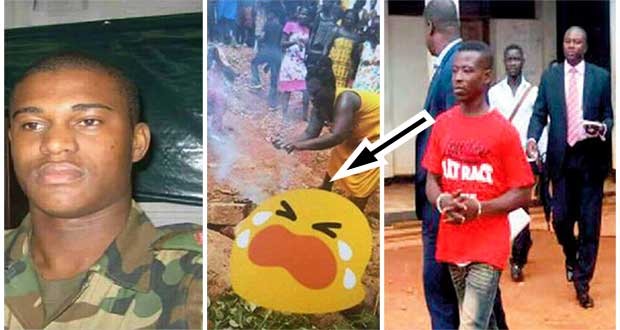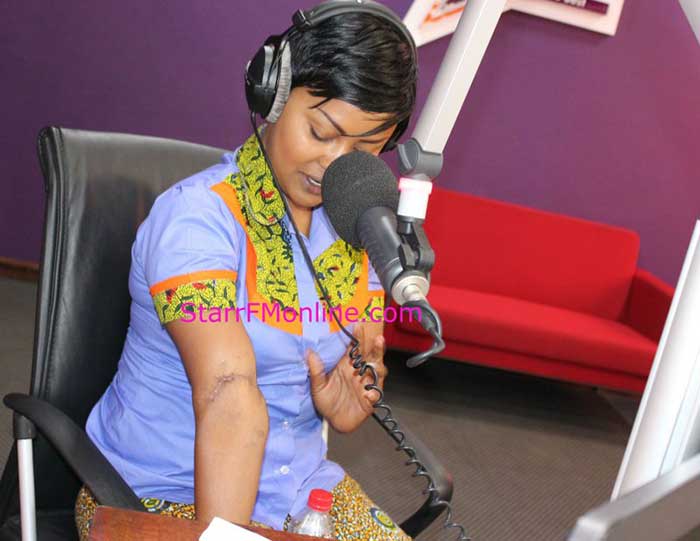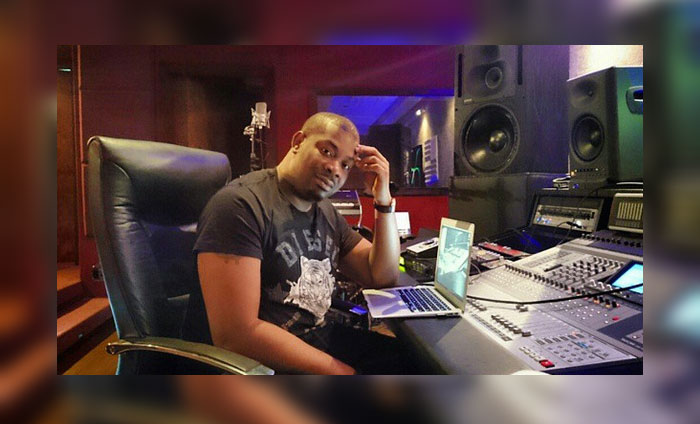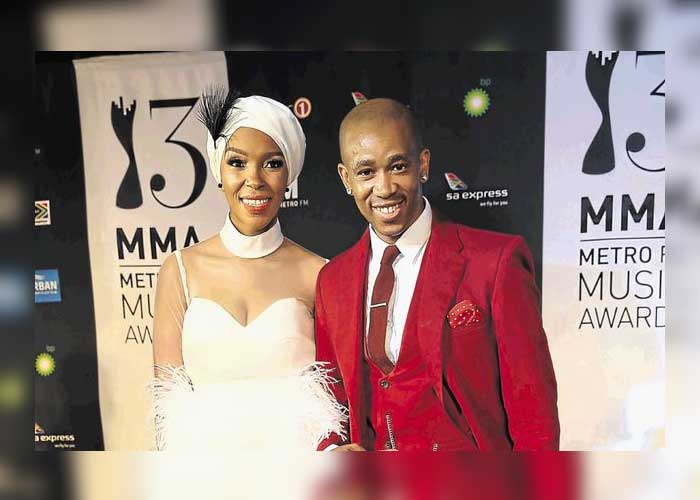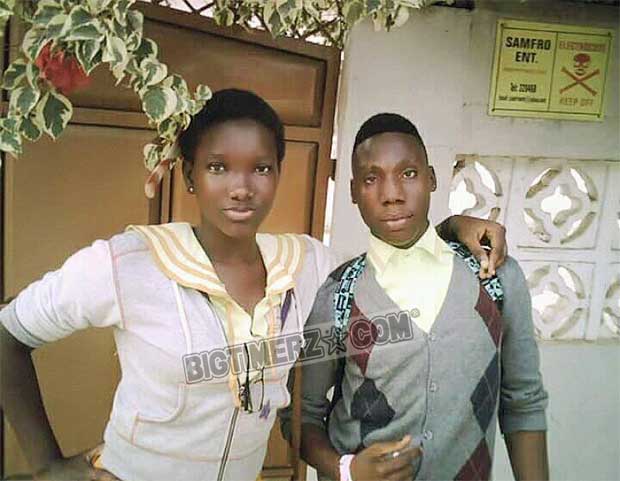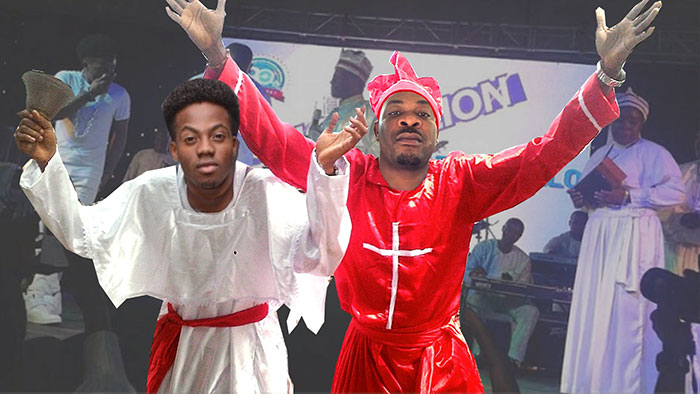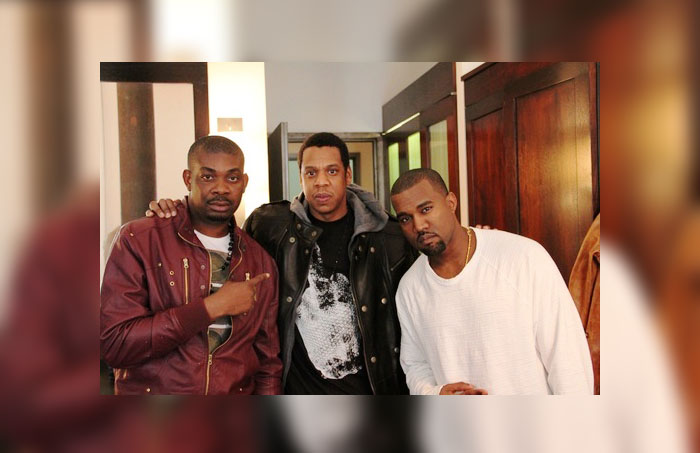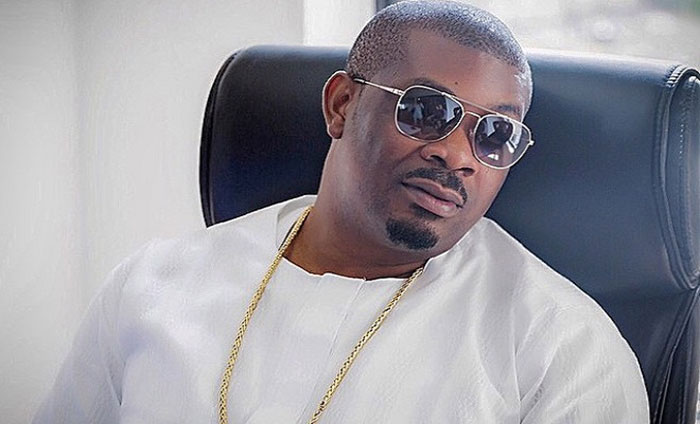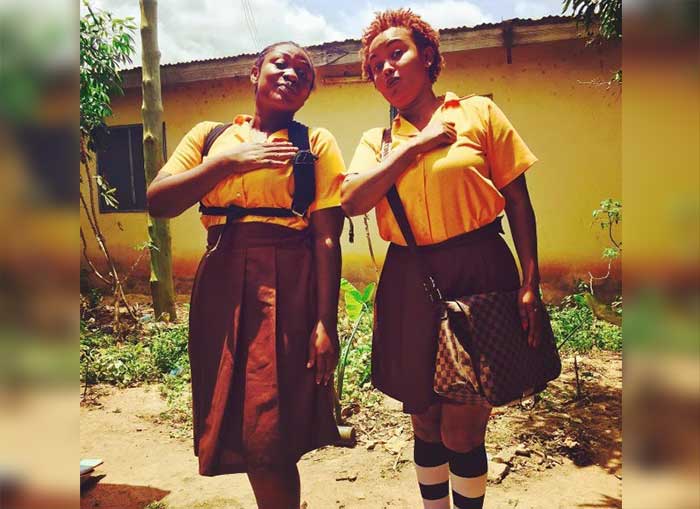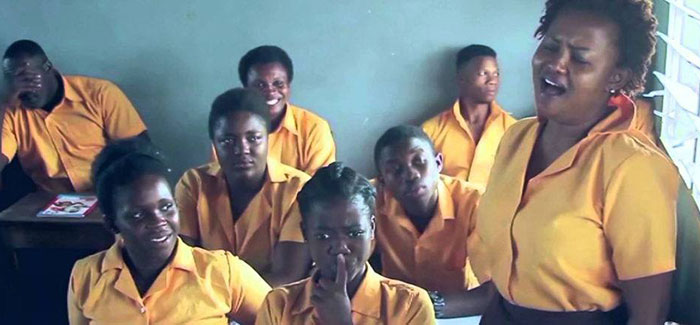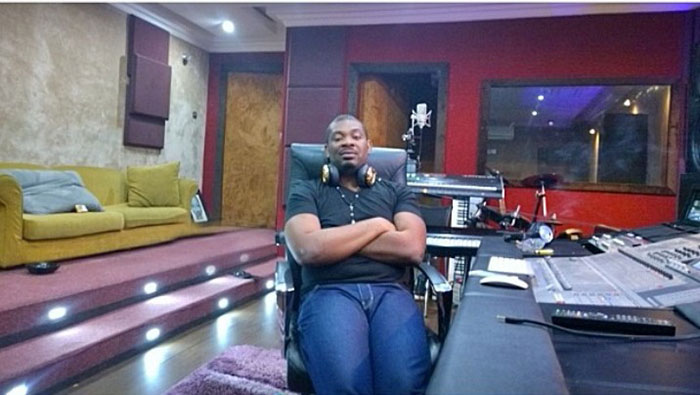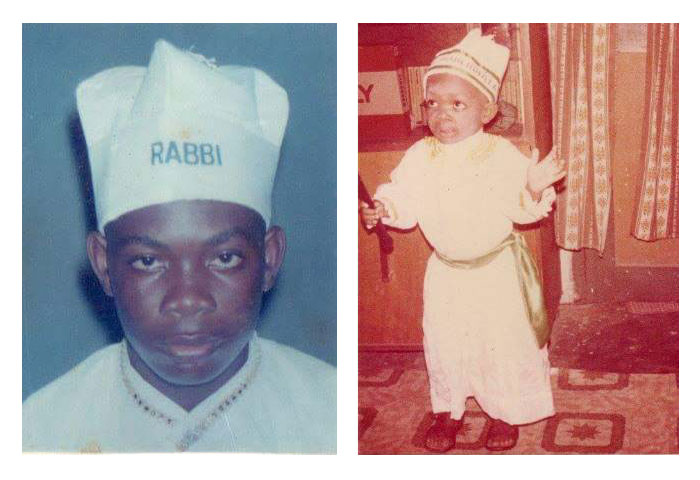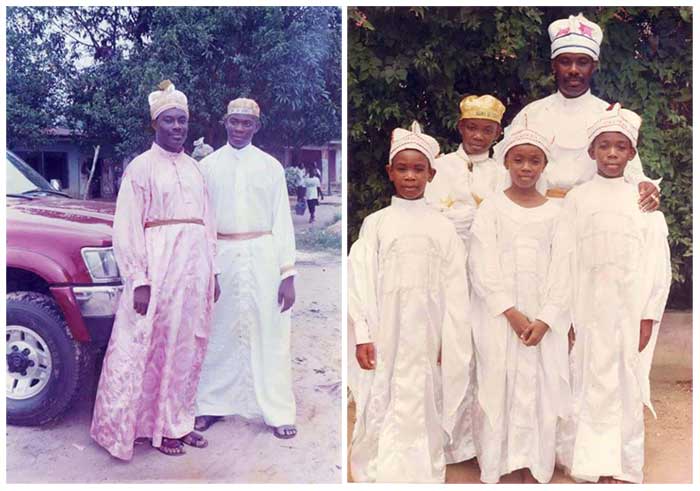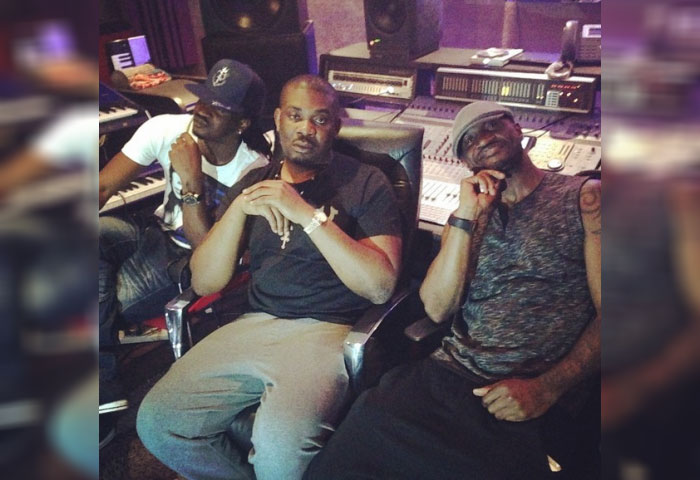Business & Finance
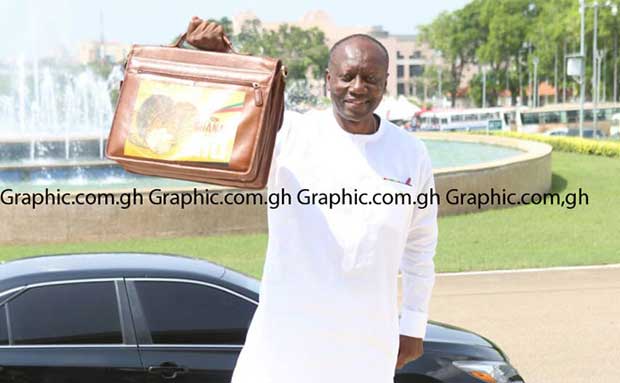
- Super User
- Category: Business & Finance
- Thursday, 02 March 2017 16:31
INFRASTRUCTURE FOR POVERTY ERADICATION PROGRAMME
201. Mr. Speaker, Government intends to pursue an inclusive development strategy aimed at radically improving the state of basic infrastructure at the constituency level, especially in rural and deprived communities. The Infrastructure for Poverty Eradication Programme (IPEP) will be our main vehicle for tackling these challenges. The IPEP is designed to direct our capital expenditure towards local, constituency-level specific infrastructure and economic development priorities, with particular emphasis on rural and deprived communities.
202. Mr. Speaker, under IPEP, every one of our 275 constituencies will be allocated the equivalent of US$1 million (GH¢4.39 million) annually. It is expected that the project selected, under standardised guidelines, will fall in the following categories:
♦ One District One Factory;
♦ One Village One Dam;
♦ Small Business Development;
♦ Agricultural inputs, including equipment;
♦ “Water For All” Projects; and
♦ Sanitation Projects.
Establishment of Development Authorities
203. Mr. Speaker, in order to ensure that IPEP and other local initiatives are implemented in a well-coordinated manner, Government will set up three (3) Development Authorities, namely, Northern Development Authority (NDA), Middle Belt Development Authority (MBA), and Coastal Development Authority (CDA).
204. The Development Authorities will be the main economic development implementing agencies in the areas they cover.
205. Mr. Speaker, Government will restructure and transform the Savannah Accelerated Development Authority (SADA) into a more focused Northern Development Authority (NDA) as originally envisaged. We will make the NDA a flagship programme which will serve as the vehicle for delivering our economic transformation agenda in the three northern regions.
206. Mr. Speaker, the Middle Belt Development Authority (MBA) will serve as the main development agency for the middle belt of the country. The Coastal Development Authority (CDA) will serve as the principal development agency for the coastal regions of the country.
Zongo Development Fund
207. Mr. Speaker, as part of our efforts to develop Zongo communities, government will set up a Zongo Development Fund (ZDF) with seed money of GHȻ219.5 million. The Fund will support the provision of critical infrastructure in education and training; health and sanitation; local businesses and centres of culture, as well as improve security in the Zongo communities. The ZDF is expected to leverage its seed fund to attract additional funding from Development Partners, private sector institutions, civil society organizations, and other non-governmental organizations.
FREE PUBLIC SENIOR HIGH SCHOOL
208. Mr. Speaker, as part of our commitment to improve access to education at all levels, Government will implement the comprehensive free public Senior High School (SHS ) programme starting with the 2017/2018 academic year. This will include technical and vocational institutes.
209. Mr. Speaker, adequate adequate adequateadequate adequate provisions have been made for the funding of this monumental social intervention programme which is set to begin in September, 2017, from the ABFA and other domestic revenue sources.
OTHER INITIATIVES
210. Other special initiatives that will be implemented in 2017 are as follows:
Establishment of Airport Free Zone
211. Mr. Speaker, airports all over the world are becoming increasingly multimodal, multi-functional enterprises creating considerable opportunities for commercial developments in areas they are located. Available evidence suggests that airports tend to attract investment and therefore generate jobs. Many countries are considering airport cities, or aerotropolis (airport-centred urban economic regions) as a vital means of expanding opportunities and creating jobs.
212. Mr. Speaker, Government has identified the establishment of sector-targeted Free Zones as a major driver for capital inflows and jobs for Ghanaians starting, this year, with the preparatory work for attracting private investment into an Airport Free Zone (AFZ). The AFZ will be purely a private sector investment with government only facilitating the process. Government will explore several options with potential investors.
213. It is expected that the preparatory work for the AFZ will be completed by the end of thisthisthisthis fiscal year.
Financial Stability Council
214. Mr. Speaker, exposure to debts from Bulk Distribution Companies, State-Owned energy entities, as well as non-performing private sector loans continues to exert enormous pressures on the banking sector, posing a systemic risk to the entire economy. A significant number of banks have capital adequacy ratios below the required 10 percent even after restructuring of the VRA and TOR debts.
215. To address this over the long term, the government will establish a Financial Stability Council that will be mandated, among others, to continuously assess the vulnerabilities vulnerabilitiesvulnerabilitiesvulnerabilities vulnerabilitiesvulnerabilities vulnerabilitiesvulnerabilitiesvulnerabilitiesvulnerabilities affecting the stability of the financial system and provide oversight over the steps taken to avert these risks.
Optimizing Energy Assets
216. Mr. Speaker, as a government, we are committed to achieving a least-cost power generation infrastructure through accelerated private sector participation. This will partly involve the restructuring of the power sector by bringing all hydro generation exclusively under the Volta River Authority (VRA) and creating a separate thermal market.
217. A new entity will hold holdhold the thermal assets which are currently held by VRA and make available a significant portion of this entity for private sector investment in pursuit of its private sector participation policy.
Ghana Infrastructure Investment Fund (GIIF)
218. Mr. Speaker, in 2007, the then NPP government announced its intention to set up what was to be the Ghana Investment Corporation (GIC) as its principal sovereign wealth fund vehicle vehicle . In pursuing this, in April of 2008, the late Kwadwo Baah-Wiredu presented a memo to cabinet for approval to commence the processes of forming the GIC which was approved. A draft bill was prepared but could not be passed before we exited government.
219. Mr. Speaker, Government intends to review the GIIF law to make it consistent with the original objectives of the Ghana Investment Corporation (GIC). This has become imperative as we seek to take a more moremore aggressive posture in leveraging the assets side of our balance sheet to create wealth to support the development of the country.
220. Mr. Speaker, the GIC will manage the National Asset ProtectionProtectionProtectionProtectionProtection Protection Project (NAPP), a programme designed to conduct a physical and financial audit to locate, identify and value uncompleted Government assets.
International Financial Services Centre
221. Mr. Speaker, the Banking (Amendment) Act, 2007 (Act 738) was passed to make way for the establishment of the International Financial Services Centre (IFSC) by the Government. The purpose is to attract foreign direct investment, income from license fees payable in foreign currencies, create employment, enhance local skills and knowledge, strengthen the financial sector through expansion in the use of investment banking instruments, and to increase the general competitiveness of financial sector.
222. Mr. SpeakerSpeaker SpeakerSpeaker , Government will reactivate the process started by the Ministry of Finance and the Bank of Ghana as far back as 2007 to establish the International Financial Services Centre (IFSC).
MILLENNIUM CHALLENGE CORPORATION
223. Mr Speaker, the Ghana Compact II programme has officially come into force. Both parties to the Compact, the Governments of Ghana and United States of America, are committed to complying with their obligations. However, the implementation of Ghana‟s commitments has faced some challenges due to disagreements between stakeholders, particularly between labour, ECG and the Millennium Development Authority (MiDA). We need further dialogue on the key issues that have generated these disagreements. We are aware that these discussions should be concluded urgently in order to arrive at the decisions that will allow for its implementation.
224. Mr. Speaker, Government will reactivate the dialogue on the key issues that have generated these disagreements to ensure that all concerns are adequately addressed and that the resolution will ensure the centrality of Ghanaian leadership.
EDUCATION FUND
225. Mr. Speaker, we will initiate discussions with all stakeholders interested in the performance of their senior high schools in their communities; Parents, school alumni, religious organisations, the diaspora, will be encouraged to establish a funding mechanism to support high schools of their choice. This will reinforce community involvement in governance and improve the quality of education in our senior high schools. It is time we all participated in ensuring that Ghana‟s education regains its status of excellence.
INTEGRATED ALLUMINIUM INDUSTRY
226. Ghana has since 1962, been contemplating the establishment of an integrated aluminum industry, using its natural resources in bauxite, hydro, gas and its existing smelter. The closest that the country got to realizing this was in 2008, under President J A Kufuor. Thankfully, President Akufo-Addo has made the rapid and sustainable establishment of an integrated aluminium industry a top economic priority. This is line with his vision for industrialization and transformation of the Ghanaian economy, with a deliberate focus on value-addition to the country's vast mineral wealth to significantly expand the capacity of the economy to create jobs and wealth for the people.
A lot of feasibility studies have been done in the area. The 2017 budget seeks to revive this critical game-changer and has, accordingly, made provisions to see to the implementation of an integrated aluminium industry. The development of the industry will require 6 main components:
♦ First, the development of the bauxite mines which are located in Awaso, Nyinahin and Kyebi.
♦ Second, the establishment of a refinery at one of the bauxite sights, preferably in Kyebi, because of its closet proximity to Tema, where the Valco smelter is located.
♦ The allocation of a dedicated, reliable and affordable source of power supply for the smelter.
♦ The development of a rail way infrastructure between the mines and Tema.
♦ The conversion of the alumina to aluminium at the current Valco plant.
♦ The establishment of an industrial park dedicated to manufacturing aluminium related products to complete the value chain of what is potentially a multi-billion local industry.
The President intends to introduce a Bill to this House this year to oversee the urgent development of this critical industry.
FIGHTING CORRUPTION
227. Mr. Speaker, as we have said severally, “corruption holds back economic growth, increases the cost of doing business, reduces revenue to the state, leads to capital flight, and inflates the cost of runnning government. It also results in a loss of legitimacy and respect for legally constituted authority”.
228. In this regard, Government will continue the implementation of National Anti-Corruption Action Plan. Additionally, Government will pursue a combination of institutional and legislative reform as part of our anticorruption policy, including establishing the Office of the Special Prosecutor, strictly applying the provisions in the PFM and PPA Acts, as well as amend, in particular, sections 3, 151 and 239-257 of the Criminal Offences Act, 1960 (Act 29), which will make corruption a felony instead of a misdemenour.
229. Mr. Speaker, this government is commited to passing the Right to Information Bill as part of our tools in fighting corruption. We will not pay lip service to fighting corruption.
JOB CREATION
230. Mr. Speaker, the centrepiece of this budget is to create an environment that will stimulate the private sector to create jobs, especially for the youth. It seeks to create an enabling environment to build the capacity of our youth to take on more active roles in our country‟s future and its development. This has been reflected in the key policy initiatives announced in this budget, such as:
♦ Tax policy measures
♦ Financial sector initiatives
♦ Entrepreneurship development
♦ One district one factory
♦ One village one dam
♦ Small Business Development
♦ Stimulus package for industries
♦ Planting for food and jobs
♦ Sanitation
SECTION SEVEN: CONCLUSION
CONCLUSION
231. Mr. Speaker, Ghana turns 60 in a few days and there have been arguments whether it is worth celebrating this milestone given the sombre state of affairs. I believe we must. This anniversary provides us, not only the opportunity to reflect but also the challenge to chart a new and enduring course.
232. Ghana is seen as a bastion of democracy and stability in Africa. As a country, we have deepened our democracy especially in the fourth republic. We have had three (3) peaceful and successful transfers of power. Our love for education and our national character of friendliness and peace loving sets us apart.
233. Our economic challenges, have however, been the bane of our development aspirations. The policy actions spelt out in this Budget Statement seek to fix the economy and change the narrative to put the economy on the right path of phenomenal growth. We believe that this budget sows the seeds for growth, jobs, and the economic transformation agenda outlined in the vision of the President, Nana Addo Dankwa Akufo-Addo.
234. Ours, Mr. Speaker, is a government of destiny which will unite our people; and together, including all the people in this Chamber, we will create a climate of social solidarity, a soceity where the preferential option for the poor is at the core of a private sector led growth to transform our society and achieve social justice, inclusive growth and restore human dignity and prosperity for all citizens. Poverty, Honourable members is not natural. Our challenge as we sit in these hallowed halls is to liberate ourselves from a rigged and unjust economic, politial and social system that we have helped to impose on our nation. The democratic dividends of prosperity and equity are thus currently eluding us.
235. Mr Speaker, this government will take deliberate and strategic steps to fundamentally change the structure of this economy bequeathed to us 60 years ago and we are committed to implementing the measures I have outlined.
♦ We will restore and sustain macro stability.
♦ We will provide the environment for private sector to grow and thrive,
♦ we will improve public services and tackle corruption.
♦ We will support small businesses in rural and deprived areas
♦ We will ensure that every Ghanaian has equal opportunity and right to lead a productive and dignified life, being able to fully develop their God-given capabilites.
236. Our rural communities will begin to see a more purposeful and sustained effort at transforming their lives through the introduction of various district level industrial and agricultural initiatives as well as improved education and health facilities and services. Mr. Speaker, I see our nation with this overwhelming election mandate as all having decided to withdraw in unison like Jesus to a remote place, Mr. Speaker, only to discover that we have five loaves of bread and two fishes to feed our 25 million plus fellow citizens. But herein lies the genius of the Ghanaian ”for we are God‟s handiwork created in Christ Jesus to do good works which God prepared in advance for us to do.”
As you can see, Mr. Speaker, with 5 loaves and 2 fishes, President Akufo-Addo‟s budget has tackled the five structural pillars of revenue, expenditure, earmarked funds, labour and our debt. Budgetary allocations have been made from tax revenue, ABFA and the realignment of statutory funds to fund these priority programmes.
The breakdown of the funding sources are, ABFA GH¢342.0 million, tax revenue GH¢785.0 million, and realignment of statutory funds GH¢1.08 billion.
This has been done through prioritization of expenditures and planned improvement and efficiency in government spending.
Mr. Speaker, in addition to funding these significant number of programmes with lesser resources than was spent last year, we have allocated over GHs 700million for capital expenditure seven times more than was allocated last year, funded NHIS and free SHS, provided tax relief for the private sector and all other socio economic classes, reduced levies on petroeum products, reduced electricity prices, provided a stimulus for the private sector and agricutlure and brought down the deficit from 8.7 percent to 6.5 percent. But that is not all Mr. Speaker, for a heritage of 12 baskets full of fish and loaves is yet available to further sow for growth and jobs.
237. Our aim is to restore hope and steer the country onto a sustainable and inclusive growth path.
A country that is reenergized to redefine and reorient itself to confront the challenges ahead;
♦ A country in charge of its own destiny;
♦ A country where the private sector is well equipped to invest in the economy and be the catalyst for growth;
♦ A country where our youth have access to the requisite education which will expand their horizon and give them the opportunity to dream and express their creativity, talents and abilities and
♦ A country where each and every citizen is proud to be a Ghanaian and to call this country home.
238. Mr. Speaker, let me take this moment as we near the end of this great priviledge to present President Akufo-Addo‟s first budget to this august house, to reflect on one iof the finest moments in the history of our democracy on July 23rd 1981. As you all know, during the third republic, the country was in econoic crisis under the government of the PNP. I am proud to say that my father, Dr. Jones Ofori-Atta, in opposition with an amendment motion, co-sponsored by Dr. GK Agama successfully got this august house to support an amended motion to save the country. Honourable Members, we do have a crisis which we can handle and I will call on you, Honorable Minority Leader Haruna Iddrisu, the Honourable Minority Whip Alban Bagbin, honourable ranking members Ato Forson and Fiifi Kwetey of the Finance Committee to join us in the great example of the 3rd Republic to salvage and build our economy.
239. We believe with the help of the Almighty God we can deliver on all the well thought out programmes and policies, and build a business friendly and prosperous economy. Mr. Speaker, “God did not give us a Spirit of timidity but of power, love, sound judgment and self discipline.”
MR. Speaker, we can do it, I personally pledge to work with you, with candour, with transparency, respect and a deep commitment to protect this public purse.
Let us go forth together.
240. God Indeed bless our homeland Ghana and make our nation great and strong.
241. Mr. Speaker, I beg to move.
THE END







